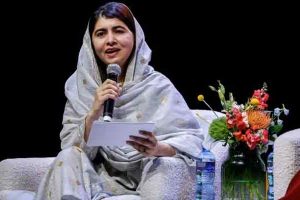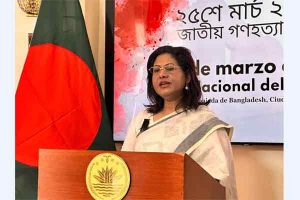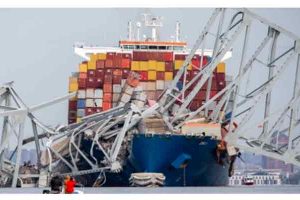
bdmetronews Desk ॥ As U.S. ambassador to Pakistan more than a decade ago, Ryan Crocker spent much of his time trying to convince the government in Islamabad to take action against militants moving freely inside the country and plotting attacks on U.S. forces in neighboring Afghanistan.
In 2007, toward the end of his three-year tenure, Crocker spoke with the head of the Pakistani army, Gen. Ashfaq Parvez Kayani, who explained why Islamabad was not ready to reverse course.
The United States had a short attention span, the general said, according to Crocker. “How long are you staying this time? Because you come and you go,” Kayani told Crocker.
“If you think we are going to turn the Taliban and Haqqanis and others into mortal enemies of ours and watch you walk out the door, you are completely crazy. Are we hedging our bets? You bet we are.”
The two men’s exchange captures the mutual frustration and misunderstanding that have plagued relations between Pakistan and the United States, nominal allies with little strategic common ground. Previous U.S. presidents tried and failed to persuade Pakistan to rein in the Taliban and the Haqqani militants on the Afghan border. Now President Donald Trump faces the same challenge, and officials inside his administration are debating how far to press Pakistan.
Despite a suspension of $1.3 billion in U.S. military aid in January, Pakistan has failed to take decisive action to crack down on Afghan militants on its territory, either by arresting known militants or restricting the flow of fighters and weapons across its border with Afghanistan, U.S. officials said. “What I would say is they’ve done the bare minimum to appear responsive to our requests,” a senior administration official told reporters this month.
Amid growing frustration on Capitol Hill, Trump’s deputies are weighing unprecedented political penalties on Islamabad for harboring Afghan militants waging war on the U.S.-backed government in Afghanistan. The options under consideration include revoking Pakistan’s status as a major non-NATO ally, permanently cutting off the U.S. military aid that was suspended two months ago, and even imposing visa bans or other sanctions on individuals in the Pakistani government deemed responsible for providing support to the militants.
Yet the Trump White House is now engaged in an internal debate about the tempo and scale of possible punitive steps against Pakistan, echoing arguments under previous U.S. presidents. Some officials and military officers favor a hard line with Pakistan, maintaining that years of aid and accommodation have produced little in return. But other voices in the administration worry about alienating a nuclear-armed country of 200 million people bordering China.
The appointment last week of a fervent hawk as national security advisor, John Bolton, and the nomination of another for secretary of state, Mike Pompeo, could tilt the discussion in favor of tougher measures against Islamabad.
The suspension of military aid in January is not the first time the United States has withheld security funding to Pakistan since the 9/11 attacks. But unlike previous administrations, Trump’s deputies are looking at permanently cutting off the annual flow of military aid this year, which could put a strain on Pakistan’s defense budget and deprive it of coveted U.S. military hardware.
The White House is also weighing even more drastic measures to include visa bans or other punitive measures against individual members of the Pakistani government, military, or ISI intelligence service suspected of allowing the Taliban and Haqqani militants to operate from sanctuaries inside Pakistan, current and former officials toldForeign Policy. “We are prepared to do whatever is necessary to protect U.S. personnel and interests in the region,” the senior administration official, who spoke on condition of anonymity, told reporters last week.
If carried out, the combined measures would represent a clear rebuke of Pakistan and signal the unraveling of an uneasy military alliance that was born during the Cold War and renewed in the aftermath of the 9/11 attacks.







